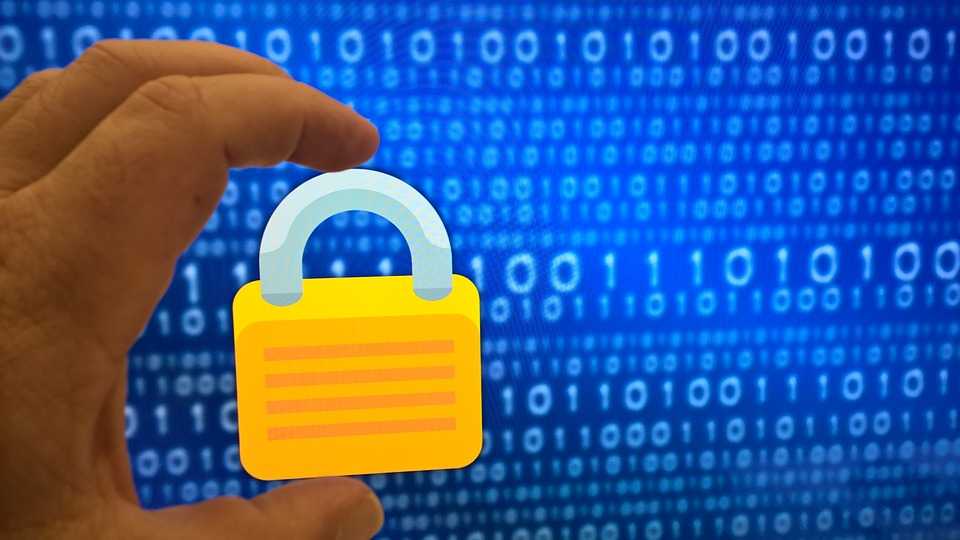
How to Make Checks Secure
Making payments with checks can still be highly convenient for many of your financial needs. Using a check to make a payment is an easy way to avoid transaction fees, particularly when making a payment from one bank to another. There are a number of check printing services available that are a convenient way to acquire additional paper checks, particularly for business owners. There are many more modern ways to make a payment today, but using a paper check can still be the best method of payment in a number of instances.
The major downside of using a check is the lack of built-in security measures that are offered by more high-tech payment solutions, such as debit cards or digital transactions. However, there are a number of steps you can take to minimize the risks of paying with a check.
Check Printing
The level of security offered by different check printing services can vary. Some check printing services will require additional payment to make more secure checks, but in most cases, the security features of the check printing service are built into the cost. Other check printing features, such as custom logos, can also be added to make the checks visually distinct.
Printing secure checks typically involves the use of thermochromic ink on controlled paper stock. Many checks will feature chemical wash detection boxes and watermarks. Secure checks should feature some form of the phrase “Do Not Negotiate” on the back, which can protect the account of the payor from being overdrawn.
A non-negotiable check is essentially unable to be directly cashed and does not yet have any monetary value. This can prevent fraudulent deposits, but in some cases, can make the check difficult to deposit. Check out this Investopedia article for top reasons banks won’t cash your check if you experience continuing difficulty with cashing a check. Do not endorse any check until you or the payee arrive at the bank to deposit it.
Safe Mailing
Sending a check through the mail is never fully secure, but there are a few ways to minimize the risks involved. The United States postal service offers two methods of mailing that are significantly more secure than standard postage: certified mail and first-class mail with tracking. First-class mail arrives quickly, which means the check is in the mail for less time and therefore is less likely to be stolen.
Certified mail is the main USPS service for sending secure mail. The sender receives a receipt for the mail immediately after sending, which essentially constitutes proof that the mail has been sent to a particular address. Certified mail can also be tracked so the sender and receiver are aware of its location at all times. Using certified mail is the most secure way of sending a check through the mail, though the cost of mailing is higher than average postage.
If you are sending a check through the mail make sure to use a security envelope. This ensures that the check will not be visible from the outside of the envelope, meaning there is no reason to suspect that the envelope contains a check in the first place. In the absence of a security envelope, hide the check amongst other papers.
Consider dropping the check at the post office directly rather than at a blue post office box. Corner post boxes have been known to be the target of vandalism and theft in the past and are unmonitored the majority of the time. To keep checks secure, take advantage of the USPS secure mailing options like certified mail and first-class tracking. UPS and FedEx also offer secure mail services, but they may cost more.
Deposit Security Options
Whenever possible, restrict the check so that it can only be deposited directly into a bank account. This prevents the check from being used to get cash directly from the bank. To restrict the check, write “for deposit only to the account of payee” in the endorsement space on the backside. Make sure to leave room for the actual endorsement.
If the check is not cashed within the expected time window, make sure to notify your bank. You can set text or email alerts so your bank can notify you when the money is withdrawn. Most checks will expire if they are not deposited within a certain time frame; often 90 days. Request a stop payment at the bank if the check is not deposited when expected.
Consider Alternate Forms of Payment
Making a payment or sending money online or through your banking service provider is almost always more secure than using a check. Account or wire transfers are almost always available through the bank, though fees will vary depending on the bank. For international transactions, a fee is likely to occur anyway when using a check due to the exchange of currency required.
For B2C and eCommerce transactions, you may want to take advantage of Masterpass or Visa Checkout. Mobile wallet services through Google and Apple are also relatively secure in comparison to checks, and typically don’t charge fees.
Venmo and Paypal offer secure services for smaller payments or for sending a payment through the internet. Double check to make you have the correct profile and account information of the payee before sending them any money.
Conclusion: How to Make Checks Secure
While there may never be a way to make checks fully secure, there are a few ways to reduce the risk of theft and ensure that the payee receives and is able to deposit the necessary funds. Consider all online payment options before making a payment on paper if able. Make sure the checks in the mail are from a high-quality check printing service.
Checks don’t have the same protections and protocols against theft that credit cards or debit cards have. Instead, it’s up to you to make sure that a check arrives safely to its destination.





